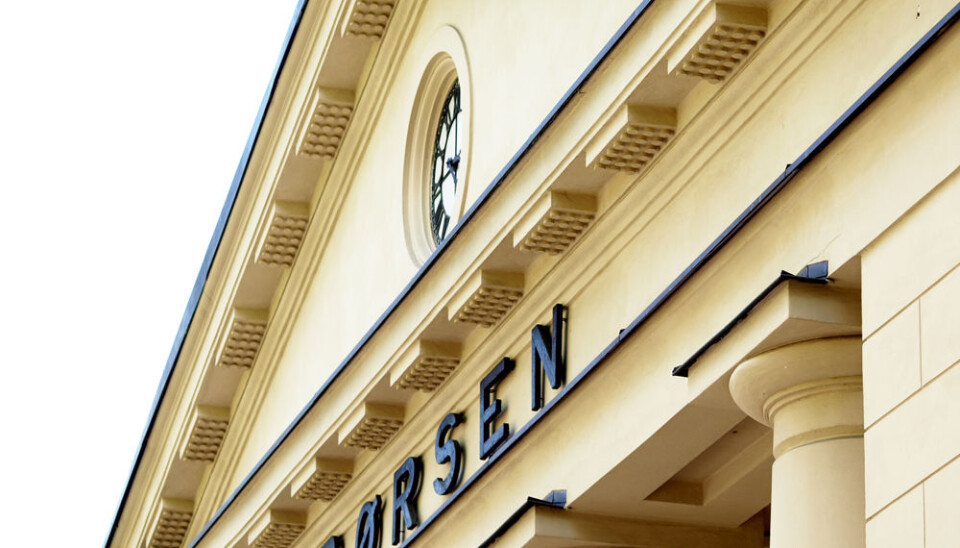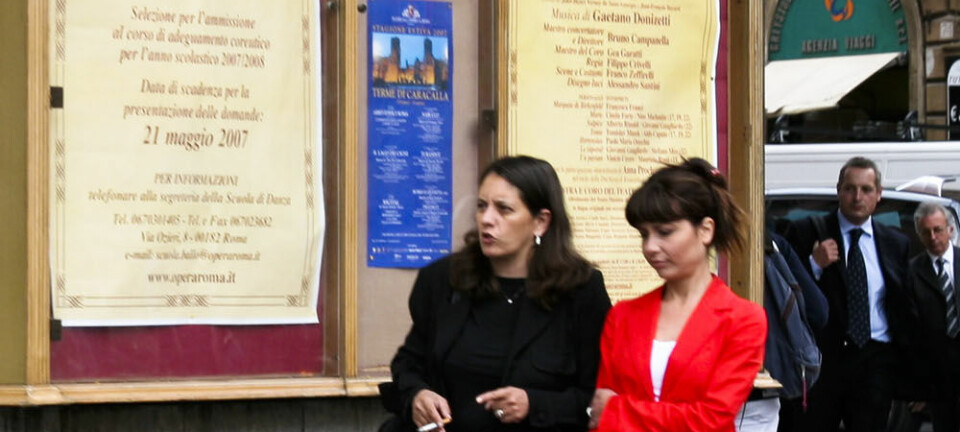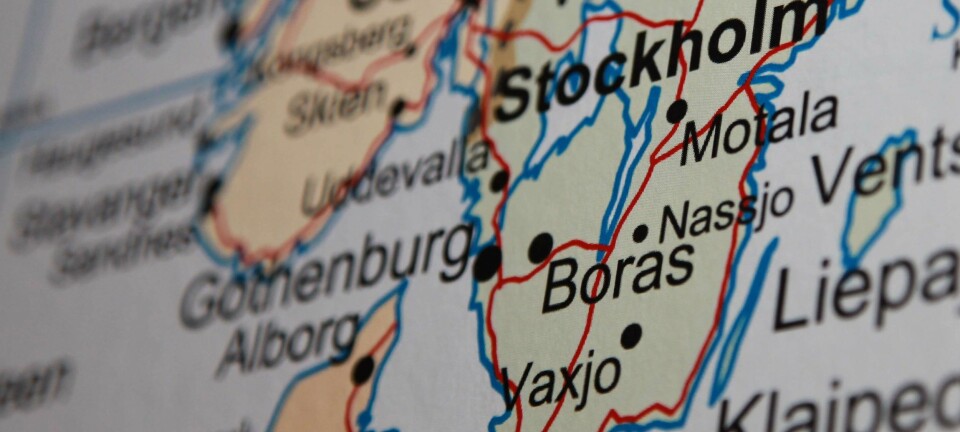This article was produced and financed by BI Norwegian Business School

Foreign investors stimulate the Norwegian economy
Foreign investors provides Norwegian listed companies with access to cheaper capital, according to new study.
Denne artikkelen er over ti år gammel og kan inneholde utdatert informasjon.
The trading system on the Oslo Stock Exchange was altered in 2002, making it both easier and cheaper for foreigners to trade on the Exchange. The foreigners promptly took advantage of the invitation, buying substantial shares in Norwegian listed companies.
In his doctoral project at BI Norwegian Business School, financial researcher Kjell Jørgensen has conducted three studies of the share market’s micro-structure.
In one of the studies he examined the role played by foreigners on the Oslo Stock Exchange and placed particular emphasis on the effects of changes in the trading system on the exchange.
During the period from 2002 to 2007, the percentage of shares in the Norwegian share market owned by foreigners grew from around 20 per cent to more than 40 per cent. The strong influx of foreigners has brought lasting higher prices for Norwegian shares.

Cheaper capital
For companies listed on the Oslo Stock Exchange, the increased foreign ownership has brought positive effects in the form of access to cheaper capital.
“The price increase on Norwegian shares is equivalent to a reduction of capital costs of more than 1 per cent per year in the period from 2002 to 2007,” says the BI researcher.
In addition, the increased foreign ownership by foreigners has resulted in better liquidity in the Norwegian share market – it has become easier to buy and sell shares. The effect of improved liquidity actually means that the estimate of 1 per cent lower capital costs is conservative.
According to Jørgensen, lower capital costs have considerable positive ripple effects on the Norwegian economy – increased investment, more robust real economic growth, more jobs and higher tax revenues.
Spreading risk
The boost from foreign investors is mainly due to the fact that they are finding it profitable to use the Norwegian share market to spread risk, after it became cheaper and easier to trade shares on the Oslo Stock Exchange.
“For this, they are willing to pay a premium, i.e. higher price, which greatly benefits Norwegian listed companies,” says Jørgensen.
Rejects Robin Hood tax
According to Jørgensen, the study also illustrates what would happen if we were to introduce a tax on financial transactions, a so-called Robin Hood tax.
Jørgensen believes that such a tax would mean reduced liquidity and higher capital costs – the opposite effect of making it easier and cheaper to trade shares.
In today’s financial markets, where well more than half of the trades are algorithm-based and motivated by margins much lower than 0.1 per cent, such a tax would spell the end of most of this trading, according to the financial researcher.
“That would be unfortunate, as research shows that such short-term trading strategies contribute to less price fluctuation and more liquidity in the markets,” says Jørgensen.
His opinion is that a tax on financial transactions would entail a reduction in state income that is greater than the revenues such a tax would bring.
------------------------------------------
Read the article in Norwegian at forskning.no

































